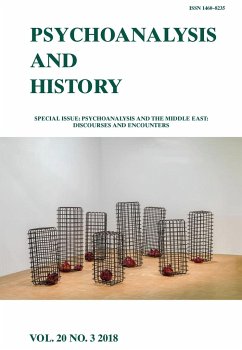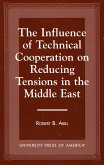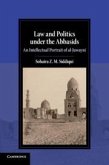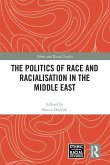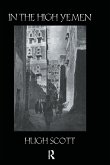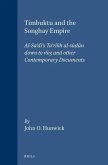Explores psychoanalytic theory and practice in the 20th-century and contemporary Middle East This special issue stages an encounter between psychoanalysis and the Middle East by reopening the psychoanalytic canon to consider key concepts through unexpected interlocutors, religious traditions, and intellectual formations. This includes bringing Islamic philosophical concepts of the Cloud to bear on conceptions of causality and après coup; and thinking from the point of view of the Last Judgment in dialogue with the therapeutic work of a Moroccan imam and the Lacanian analyst Fouad Benchekroun. Authors also recover lesser known histories of psychoanalytic theory: in the work of Egyptian psychoanalyst Sami-Ali, who developed a distinctly expansive theory of the imaginary influenced by Islamic apophatic theology and his own clinical work; and in Iraqi sociologist ʿAli al-Wardi's critical reevaluation of the unconscious, via the Islamic revolutionary tradition, as a source of the miraculous. Moving to the contemporary era, chapters tackle the various uses of psychoanalysis in 'dialogue initiatives' that delegitimize Palestinians' use of violence in Palestine/Israel; and in efforts to 'lay on the couch' the figure of the jihadi in contemporary France in the service of a secular modernizing project. Engaging critical theory, history, anthropology, and Islamic studies, this special issue will be of interest to all those concerned with psychoanalysis in relation to a geopolitical elsewhere. The special issue joins a growing literature on psychoanalysis and the Middle East. It stands out insofar as it brings together ethnographic, historical, literary, and theological perspectives in a single volume. Prominent scholars of psychoanalysis and Islam, including Joan Copjec and Stefania Pandolfo, provide a contextually-informed, theoretically rich account of psychoanalysis in the Middle East and in Islam. This body of work demonstrates the extent to which the relationship between Europe and the Middle East has been a site of productive engagement for psychoanalysis. Challenging assumptions of Europe as the metropolitan source of psychoanalytic concepts and thought, chapters contribute to a move away from Eurocentric histories and theoretical perspectives towards a global and transnational account of psychoanalysis. This interdisciplinary special issue will be of interest to scholars of psychology, psychoanalysis, Middle Eastern studies, Islamic studies, religious studies, history, anthropology, sociology, and postcolonial studies. Key Features - This special issue will bring together scholars from multiple fields: history, comparative literature, philosophy, psychoanalysis, and anthropology, and features articles by renowned scholars such as Joan Copjec and Stefania Pandolfo - Chapters combine theoretical sophistication with attention to historical and anthropological context - Chapters address a wide geographical spectrum: Egypt, Iraq, Palestine/Israel, Tunisia, Morocco, Iran, and France - The chapters address the relationship between Europe and the Middle East not as a reductive binary, but rather as a productive site of engagement Omnia El Shakry is Professor at the Department of History, University of California, Davis Sara D Pursley is Assistant Professor at the Department of Middle Eastern and Islamic Studies, New York University Caroline Beatrice McKusick is a PhD doctoral candidate at the Department of Anthropology, University of California Davis Cover image: Mona Hatoum Cellules 2012-2013 Mild steel and hand-blown glass in eight parts 170 cm x variable width and depth (67 in. x variable width and depth) Installation view at Centre Pompidou, Paris (c) Mona Hatoum. Courtesy Galerie Chantal Crousel, Paris (Photo: Florian Kleinefenn) [EUP logo] edinburghuniversitypress.com ISBN 978-1-4744-3970-1 Barcode
Hinweis: Dieser Artikel kann nur an eine deutsche Lieferadresse ausgeliefert werden.
Hinweis: Dieser Artikel kann nur an eine deutsche Lieferadresse ausgeliefert werden.

